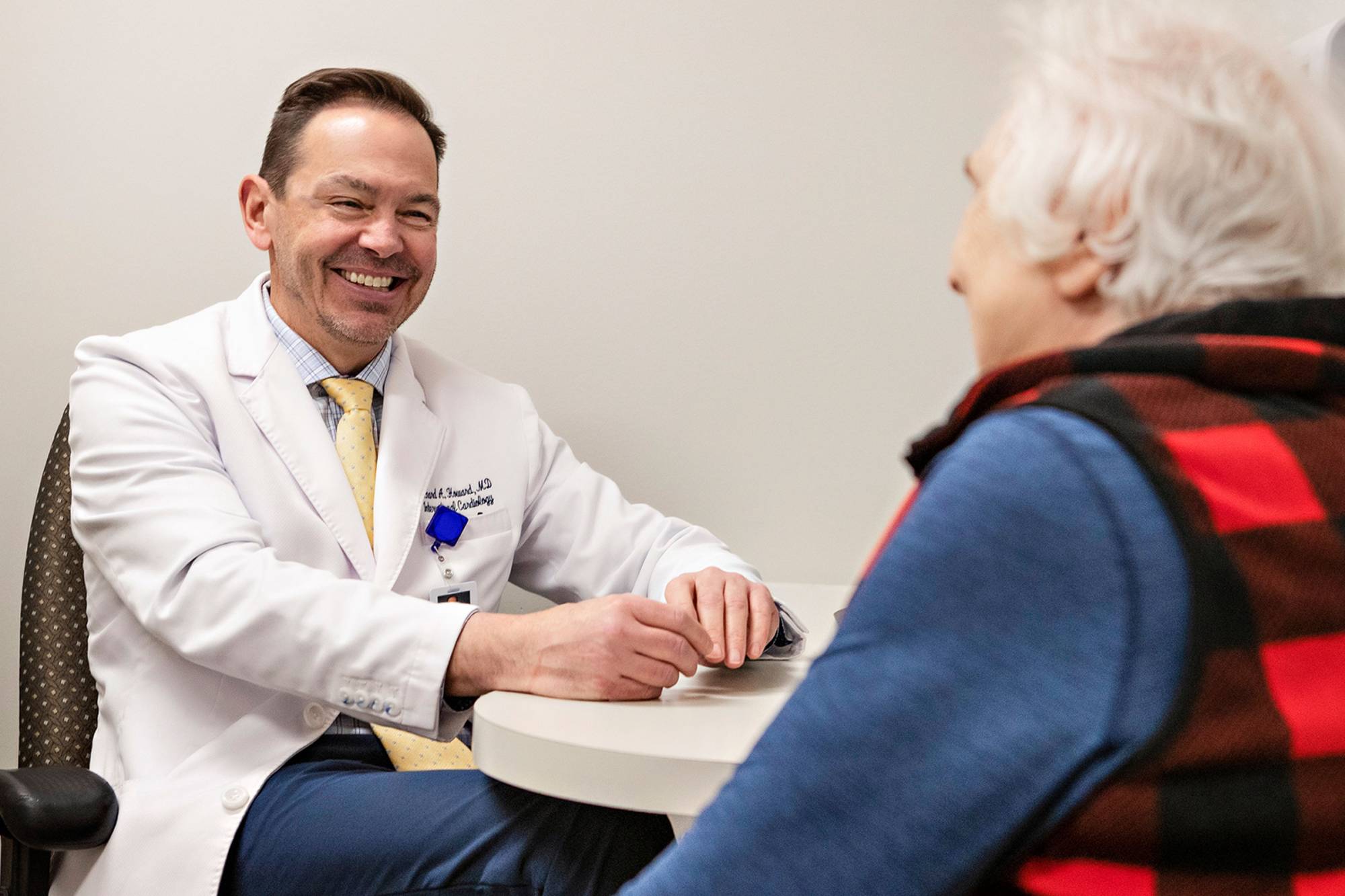 Heart disease is the leading cause of death in America and throughout the world. Each year, one in three deaths in America is related to heart disease. Many of these deaths are preventable and, just like colon cancer and breast cancer, heart disease has an inexpensive and easy to administer screening test that many people don’t know about.
Heart disease is the leading cause of death in America and throughout the world. Each year, one in three deaths in America is related to heart disease. Many of these deaths are preventable and, just like colon cancer and breast cancer, heart disease has an inexpensive and easy to administer screening test that many people don’t know about.
This test is called the Coronary Artery Calcium Score (CACS) or simply “calcium score.” This simple, painless test consists of a quick X Ray, known as a CT scan, which images through the chest and does not even require an IV. The scan looks at the coronary arteries to see if there is any evidence of plaque buildup, evidenced by calcium depositions, in the arteries. While the test does not specifically assess the severity of blocked arteries, it does demonstrate whether a person has plaque buildup, and quantifies it, comparing the individual against others their age in the general population. A score of “0” is ideal, meaning there is no build up. So, this is one of the few tests on which we hope to receive a zero score!
While some tests show extremely high scores and these patients go on to require coronary stents or bypass surgery, most people benefit from knowing whether they have the beginning of plaque buildup, thus allowing them to concentrate on risk factor modification to slow or reduce further plaque buildup, hopefully avoiding heart attacks, coronary stents, and coronary artery bypass surgery in the future. This test can motivate people to stop smoking, lose weight, exercise more, control their blood pressure, and take cholesterol lowering medications, all important interventions to slow the progression of heart disease.
The ideal patient is 40 years old or above with some risk factors for heart disease. While your health care provider can order this test for you and it may be covered by insurance, most communities offer this inexpensive screening test without a prescription. Prairie Lakes Healthcare System offers a Coronary Artery Calcium Score we call “Target Heart” for $45, making this test accessible for almost everyone. You can learn more about it by clicking here or by calling 605.882.7000. So, if you are over 40 and have some risk factors for heart disease, see what your score is and discuss the findings with your primary care provider. It may save your life.
